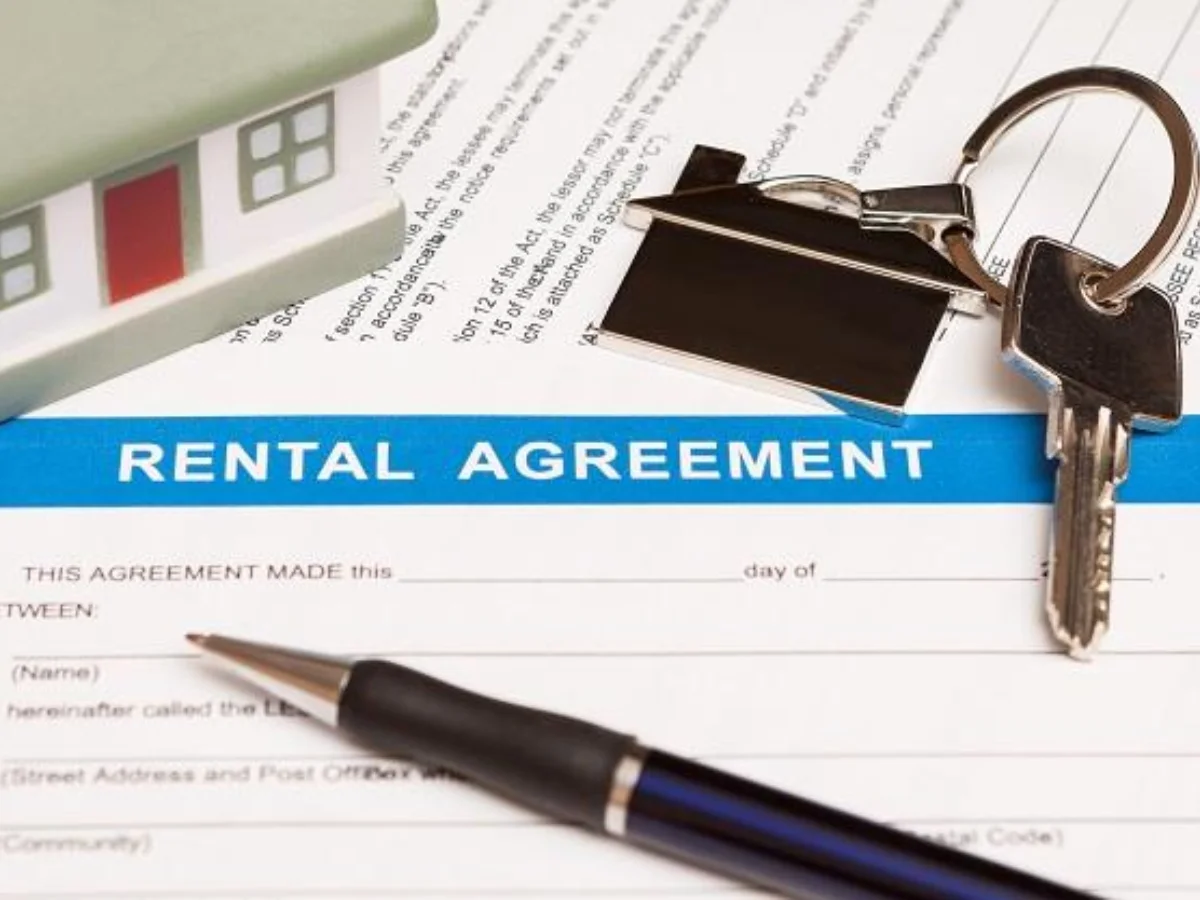Introduction
A rental agreement serves as a contract between tenants and landlords, outlining the terms and conditions of renting a property. While both parties are legally obligated to adhere to the agreement, situations may arise that necessitate breaking the rental agreement before its agreed-upon end date. This article aims to provide insights into what happens if you break a rental agreement, discussing potential consequences, legal aspects, and steps to take if faced with such a situation.
Understanding Rental Agreements
A rental agreement is a legally binding document that specifies the terms of the landlord-tenant relationship. It typically covers aspects such as rent payment, lease duration, security deposit, maintenance responsibilities, and tenant obligations. Breaking a rental agreement involves terminating the lease agreement before its intended conclusion.
Reasons for Breaking a Rental Agreement
Various reasons might lead to the decision to break a rental agreement:
- Job Relocation: An unexpected job transfer may require you to move to a different location.
- Financial Hardship: Sudden financial difficulties can make it challenging to continue with the lease.
- Family Changes: Changes in family size or circumstances might necessitate a move.
- Safety Concerns: Unsafe living conditions or harassment from neighbors could prompt the need to leave.
Legal and Financial Implications of Breaking a Rental Agreement
Breaking a rental agreement without proper justification can have legal and financial implications:
- Penalties: Landlords can impose penalties outlined in the agreement for early termination.
- Unpaid Rent: If you leave without fulfilling rent obligations, you may be held responsible for unpaid rent.
- Security Deposit: Landlords may use your security deposit to cover unpaid rent or damages.
- Credit Impact: Unpaid debts can negatively impact your credit score, affecting future financial endeavors.
- Legal Action: Landlords can take legal action to recover unpaid rent or damages.
Steps to Take When Breaking a Rental Agreement
If you find yourself needing to break a rental agreement, consider these steps:
- Review the Agreement: Understand the terms related to lease termination, penalties, and notice periods.
- Communicate: Notify your landlord as soon as possible about your intention to break the agreement.
- Negotiate: Discuss your situation with your landlord and explore potential solutions.
- Provide Written Notice: Follow the proper protocol for providing written notice of your intent to terminate.
Conclusion
Breaking a rental agreement is a significant decision that comes with legal and financial consequences. Understanding the terms of your rental agreement, communicating openly with your landlord, and exploring potential solutions can help mitigate negative outcomes. Before making any decisions, review your lease agreement, consider your options, and make an informed choice that aligns with your circumstances and responsibilities as a tenant.
FAQs About Breaking Rental Agreements
Q1: Can I break a rental agreement for any reason?
A1: Most rental agreements allow for early termination under specific circumstances. Check your agreement for details.
Q2: Will breaking a rental agreement affect my rental history?
A2: Yes, breaking an agreement can impact your rental history and make it harder to secure future rentals.
Q3: Can I sublet the property to someone else?
A3: Some agreements permit subleasing, but it’s essential to follow the proper procedures and get landlord approval.
Q4: Can I negotiate with my landlord to minimize penalties?
A4: Yes, discussing your situation with your landlord and exploring alternatives is advisable.
Q5: What happens if I leave without notice?
A5: Leaving without proper notice can lead to penalties and legal action from the landlord.
